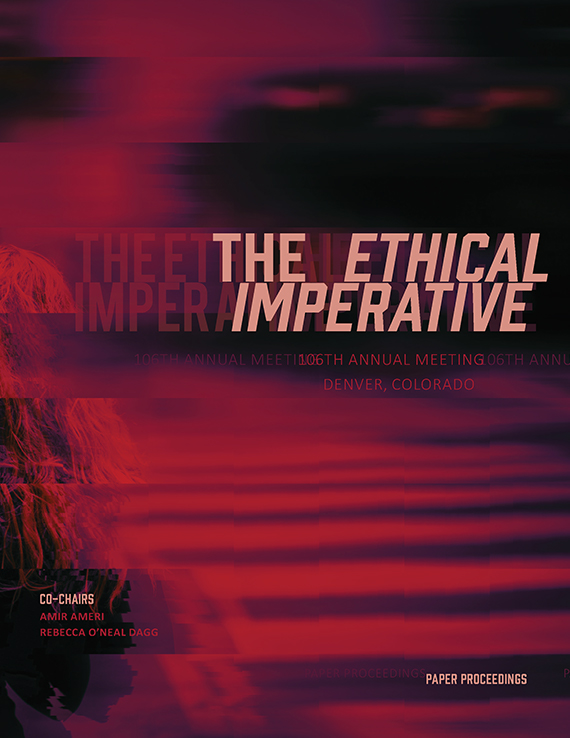Author(s): Joseph M. Godlewski
Calabar, Nigeria is a city of continual fragmentation and transformation. Previously known as Old Calabar, the city’s decentralized urban landscape challenges hidebound characterizations of African cities as spatially distant and timeless entities, disconnected from the world at large. Calabar has a rich, multi-ethnic, and cosmopolitan history as an international trading emporium and slaving port extending back centuries (Fig. 1). Much scholarly attention has been paid to the history of the city, though the few histories which explicitly address the traditional and colonial architecture of Calabar is often quite general. Focusing on discrete formalized elements, they inadequately address the social, economic, and spiritual forces that have informed the city’s urban character. Far from existing in a homeostatic condition, the spatial politics in Calabar have been characterized by internecine warfare, competing trade houses, and fraught encounters between foreign, local, and otherworldly agents such as those associated with the Ekpe secret society and Christianity (Fig. 2). The flexible and mobile spaces making up the city’s urban fabric since its beginnings in the sixteenth century have been linked with diasporic and transnational flows of people, capital, and culture. It is argued that these impermanent and networked architectures prefigure the architectural spaces of neoliberalism existing globally today (Fig. 3).
Volume Editors
Amir Ameri & Rebecca O'Neal Dagg
ISBN
978-1-944214-14-2

 Study Architecture
Study Architecture  ProPEL
ProPEL 
